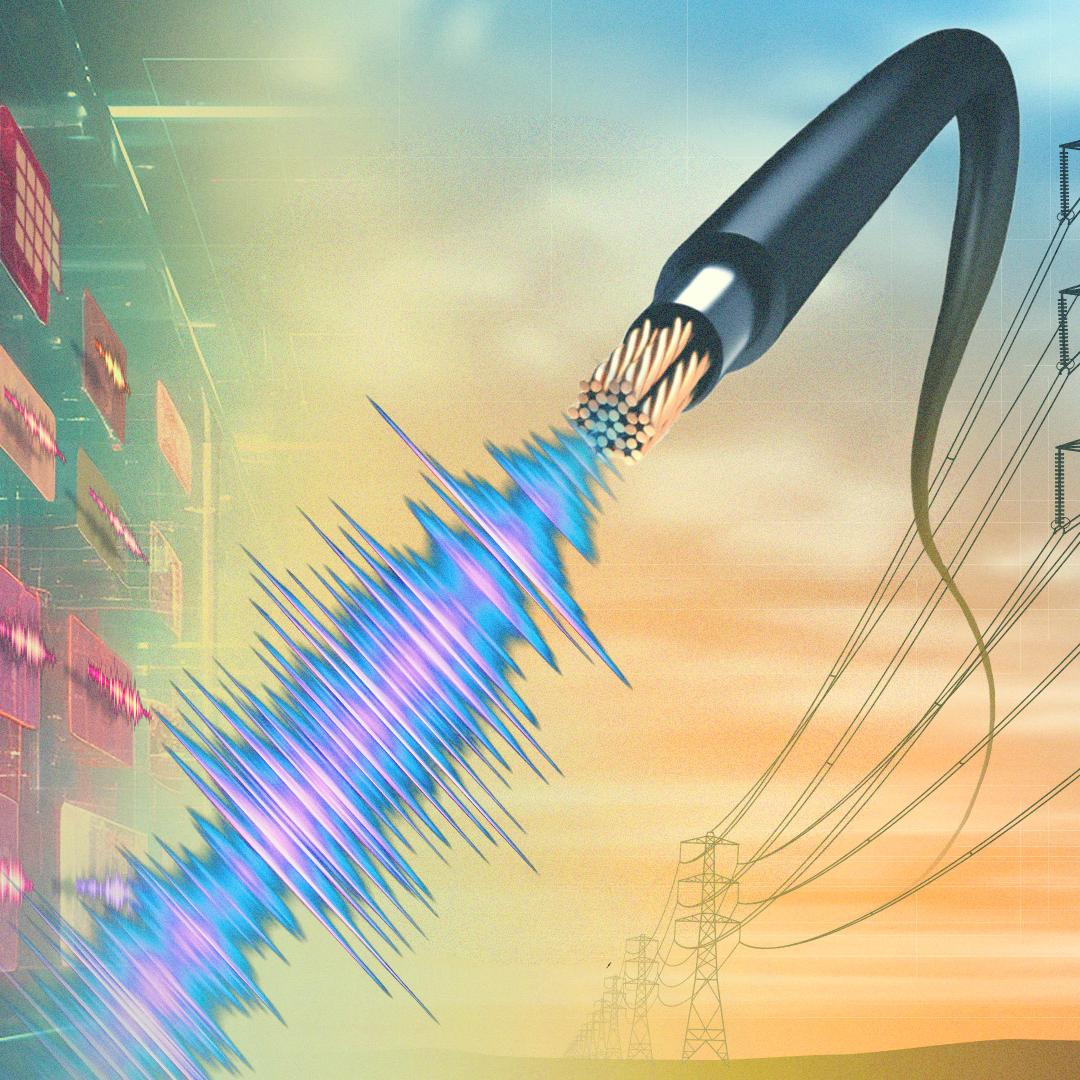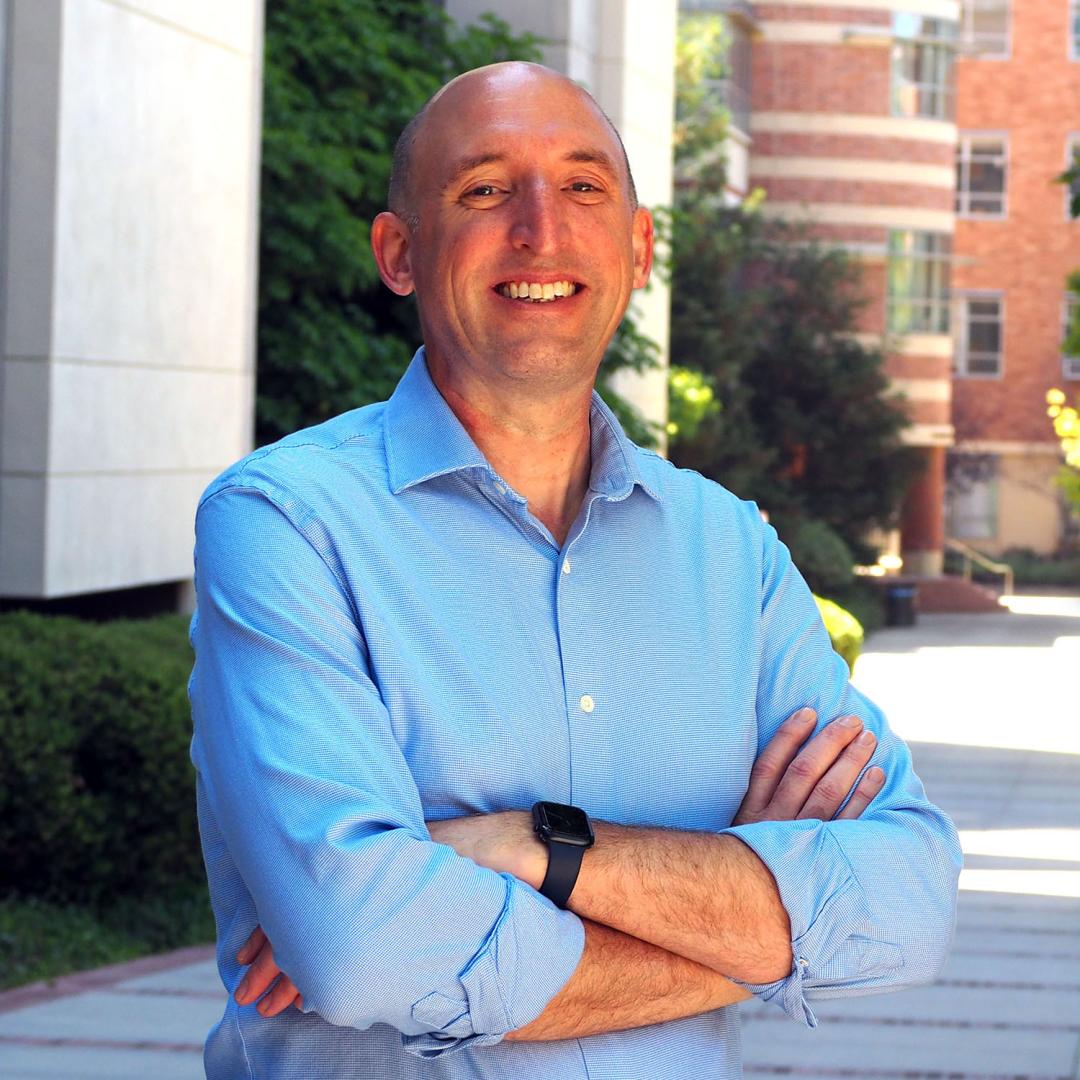
Filter News
News Topics
- (-) Big Data (10)
- (-) Computer Science (20)
- 3-D Printing/Advanced Manufacturing (13)
- Advanced Reactors (3)
- Artificial Intelligence (22)
- Bioenergy (11)
- Biology (12)
- Biomedical (5)
- Biotechnology (5)
- Buildings (13)
- Chemical Sciences (14)
- Clean Water (3)
- Climate Change (20)
- Composites (4)
- Critical Materials (4)
- Decarbonization (21)
- Education (1)
- Emergency (1)
- Energy Storage (9)
- Environment (19)
- Exascale Computing (5)
- Fossil Energy (3)
- Frontier (6)
- Fusion (6)
- Grid (7)
- High-Performance Computing (14)
- Isotopes (11)
- ITER (1)
- Machine Learning (9)
- Materials (14)
- Materials Science (15)
- Mathematics (3)
- Microelectronics (1)
- Microscopy (2)
- Nanotechnology (2)
- National Security (15)
- Net Zero (6)
- Neutron Science (10)
- Nuclear Energy (10)
- Partnerships (12)
- Physics (4)
- Polymers (5)
- Quantum Computing (10)
- Quantum Science (12)
- Security (2)
- Simulation (13)
- Space Exploration (3)
- Statistics (2)
- Summit (4)
- Sustainable Energy (17)
- Transportation (12)
Media Contacts
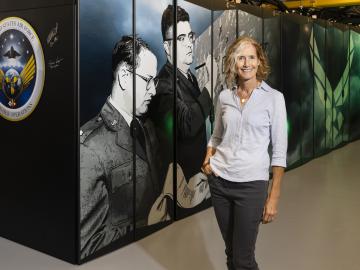
Kate Evans, director for the Computational Sciences and Engineering Division at ORNL, has been awarded the 2024 Society for Industrial and Applied Mathematicians Activity Group on Mathematics of Planet Earth Prize.
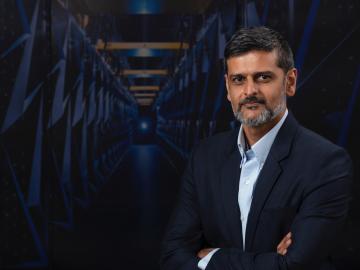
Anuj J. Kapadia, who heads the Advanced Computing Methods for Health Sciences Section at ORNL, has been elected as president of the Southeastern Chapter of the American Association of Physicists in Medicine.

Pablo Moriano, a research scientist in the Computer Science and Mathematics Division at ORNL, was selected as a member of the 2024 Class of MGB-SIAM Early Career Fellows.
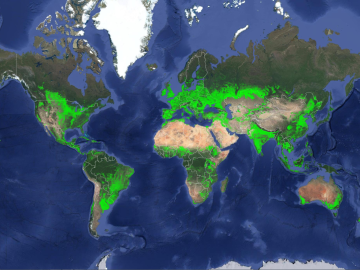
ORNL climate modeling expertise contributed to a project that assessed global emissions of ammonia from croplands now and in a warmer future, while also identifying solutions tuned to local growing conditions.
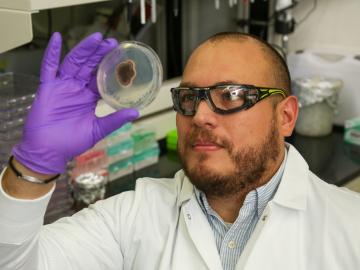
New computational framework speeds discovery of fungal metabolites, key to plant health and used in drug therapies and for other uses.
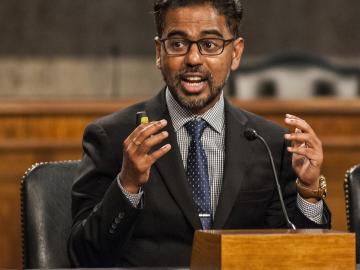
In summer 2023, ORNL's Prasanna Balaprakash was invited to speak at a roundtable discussion focused on the importance of academic artificial intelligence research and development hosted by the White House Office of Science and Technology Policy and the U.S. National Science Foundation.


